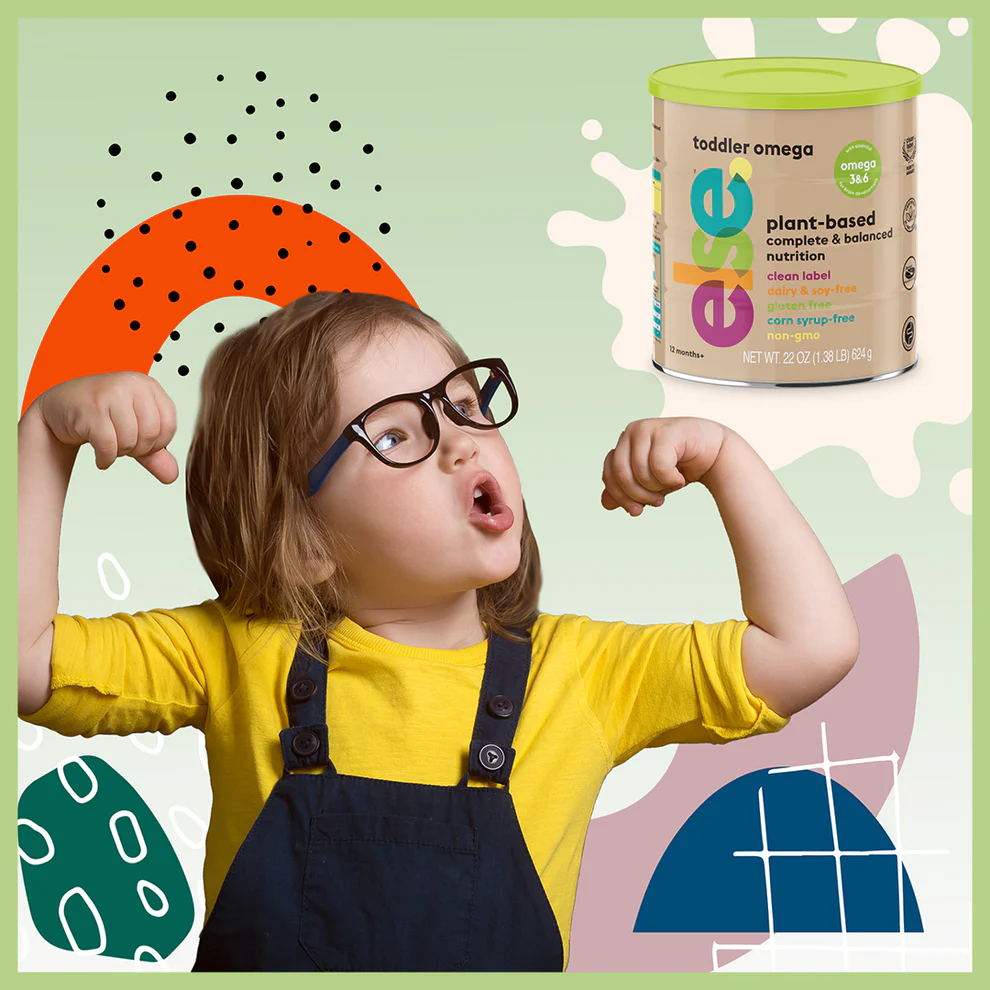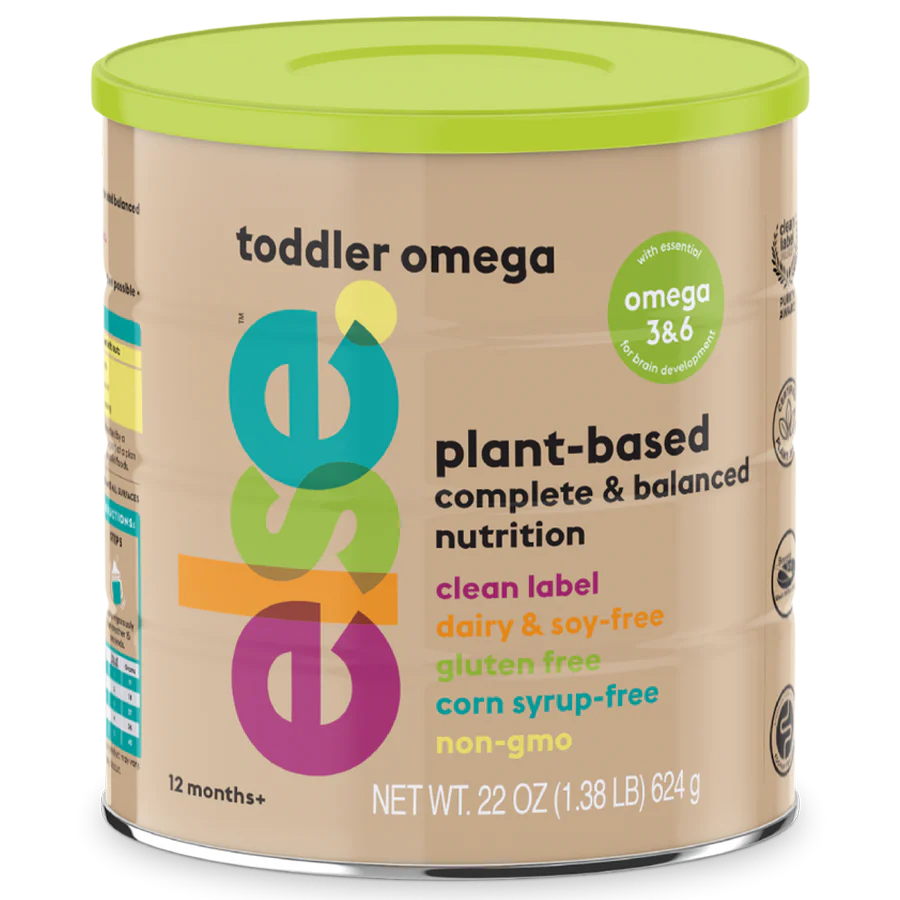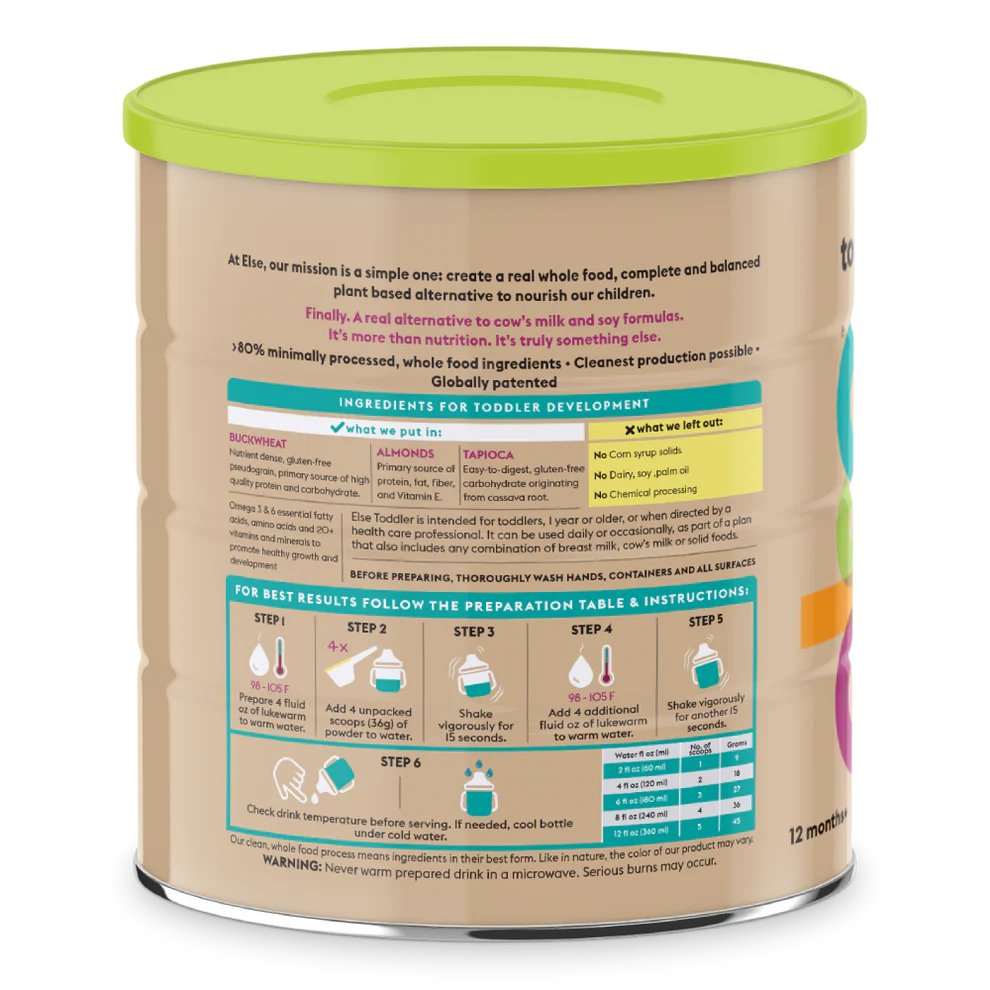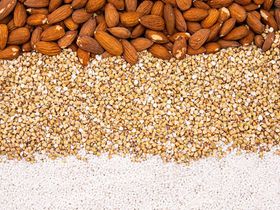The 19 Best Vegetables for Kids
Explore kid-friendly veggies that make healthy eating enjoyable and tasty for your child.
Updated December 2, 2024
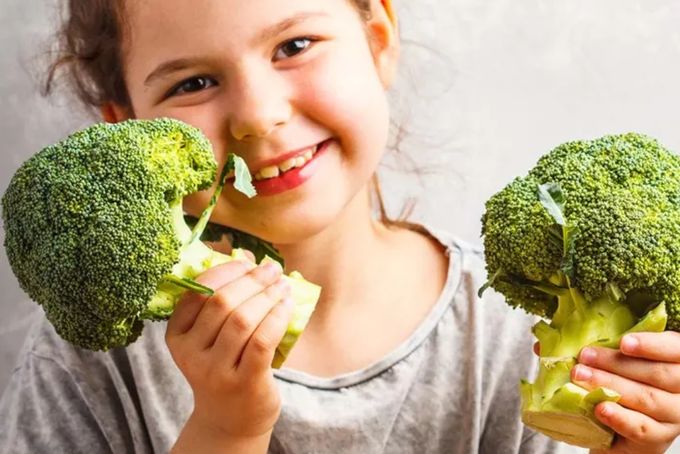
Every parent knows what a pain it can be to get their kids to eat veggies, but it doesn’t have to be so difficult. Often, including these healthy powerhouses in kids’ diets is as simple as knowing which ones to choose.
To improve your chances of success, try to balance tastiness with healthiness, and you may find your kids are less of a picky eater than you think.
The Healthiest and Best Vegetables for Kids
Introducing children to a variety of vegetables is crucial for their overall health and development. Explore some of the healthiest and most beneficial vegetables for kids. From vibrant colors to diverse textures and flavors, these vegetables offer a plethora of nutrients essential for growing bodies and minds.
Best Vegetables for Kids 🌱
1. Bell Peppers
The natural sweetness of bell peppers makes them an obvious choice for introducing healthy veggies into kids’ diets. They’re also versatile. Raw bell peppers taste great dipped in hummus, while cooked ones will liven up a stir fry.
If your kid has an aversion to a particular food color, count yourself lucky! These come in red, orange, green, or yellow.
2. Carrots
There’s a good chance carrots are one of the few vegetables you don’t have trouble getting your kids to eat. Paired with hummus or a yogurt dip, they make for a delicious and agreeable snack. They also go nicely cooked into a hearty stew. These tasty veggies contain beta-carotene, fiber, potassium, and antioxidants.
3. Peas
Despite being somewhat unsightly green balls, lots of kids love peas. The sweet flavor and soft texture make them easy to stomach. If your kid prefers a crunch, you can leave them in the pods. Peas are great for growing minds, aiding in the development of brain cells, and improving memory.
4. Broccoli
Broccoli is one of the best sources of fiber around. Many kids like steamed broccoli, but you can incorporate it into salads or sauces if it is finely chopped. Raw broccoli also tastes good with a dip. This excellent veggie strengthens immune systems, improves eyesight, and helps regulate bowel movements.
5. Cauliflower
This white vegetable may look a little off-putting to some kids, but if you can get them to try it, you can make it taste however they’d like. Versatility is cauliflower’s greatest asset. Grill it or fry it with spices. Puree some and add to sauces or your favorite Else nutrition smoothie. Any way you serve it, cauliflower is an excellent source of fiber and vitamin C.
6. Spinach
Spinach is probably the easiest vegetable to hide in food for the pickiest of eaters. It is mainly one of the best greens for kids. Add it to any smoothie, like our favorite Else Green Monster smoothie, for a healthy, undetectable boost.
If your kids are a little more adventurous, it makes an excellent base for salads and adds a nice texture to stir-fried vegetables. It’s an excellent source of antioxidants, Vitamin K, and essential nutrients for heart health.
7. Cucumbers
Cucumber’s fresh taste and high water content make them both palatable and refreshing. They are a salad staple, but pickier kids often enjoy dipping them into yogurt sauces or hummus. Either way, they are one of the most vitamin-rich vegetables around.
Vitamins A, B, and C are all present, but cucumbers provide more vitamin E than any other vegetable. This nutrient improves the health of kids’ brains, skin, and blood.
8. Celery
Nearly every kid loves the classic ants-on-a-log treat with peanut butter, celery, and raisins. This crunchy vegetable is also great for satiating hunger without consuming too many calories. High water content will help keep kids hydrated and provide anti-oxidants, beta carotene, and vitamin C.
9. Sweet Potatoes
Not only does a sweet potato have a palatable, sweet taste that kids will enjoy, but it’s also extremely healthy, too. This superfood is low in cholesterol and saturated fat and high in healthy vitamins and minerals like fiber, B6, manganese, and potassium.
While some like to sweeten them further, they are delicious when pan-fried, made into a pancake like this one made with our Else formula, or baked with a little butter. They are truly one of the best veggies for kids.
10. Cherry Tomatoes
Cherry tomatoes are an easy, flavorful snack cut in half or eaten whole. Many kids love to eat them whole but cutting them in half makes the initial bite a little less abrasive. Once your kid learns to enjoy these, upgrade to regular tomato slices and slip them into sandwiches and burgers for a veggie boost to staple meals.
11. Corn
Sweet corn is one of the easier treats to get kids to eat due to its pleasant flavor. Grilling corn on the cob is a fun snack, but it’s also easy to incorporate loose kernels into a salad or grilled veggie mixture. High fiber content aids with digestion, and B vitamins contribute to overall developmental health.
19. Potatoes
Every kid loves French fries, but feed them healthier versions of potatoes, too. Leave the skin on for extra nutrients. Eaten whole, these tasty favorites provide essential iron, protein, carbohydrates, and Vitamin C. Studies have shown they also help kids with sleeping disorders.
12. Butternut Squash
Roasted butternut squash is hearty and palatable for kids, but making it into soup for dinner or even a sweet pie is great for even the pickiest kids. This flavorful, filling vegetable is high in alpha and beta carotenes, enriching your baby or child’s diet with lots of vitamin A.
14. Lettuce
Let’s face it, getting kids to eat salad can be tough. If you can figure it out, it’s one of the best ways to feed kids various veggies. We recommend using romaine lettuce as a base and chopping it up finely. Slowly incorporate other vegetables they know they like. If you play your cards right, your kid will end up with an entire meal’s worth of vegetables in one bowl.
If your kid is really reluctant when it comes to their greens, try adding them to smoothies or shakes.
15. Mushrooms
Lots of kids dislike the look of mushrooms, but their tender texture and mild, earthy flavor make them easy to incorporate into lots of foods. Try starting with mushrooms on pizza to introduce them, then move along to healthier methods. Mushrooms are nutritional powerhouses, providing potassium along with less common nutrients like tryptophan, copper, and selenium.
16. Asparagus
Asparagus grilled in butter or olive oil is delicious, making it an easy but healthy snack. It also goes well in salads. Once they’ve warmed up to it, the crunchy texture makes it a kid's favorite. Just be sure not to overcook it!
17. Avocados
Soft, creamy, and full of essential fatty acids that aid brain function, avocadoes are a worthy staple of any kid’s diet. They also have more potassium than bananas. Many kids may like slices by themselves or with a little salt, but if you make avocadoes into guacamole, they make for a tasty dip you can eat with other vegetables. Avocados can also be easily added to desserts or smoothies.
18. Green Beans
Green beans are high in Vitamin K and calcium, benefiting bone growth and blood health. This makes green beans one of the best vegetables for toddlers, whose bones grow incredibly fast. Kids who prefer crunchier textures can eat them raw, and those who like soft veggies can eat the canned variety.
19. Potatoes
Every kid loves French fries, but feed them healthier versions of potatoes, too. Leave the skin on for extra nutrients. Eaten whole, these tasty favorites provide essential iron, protein, carbohydrates, and Vitamin C. Studies have shown they also help kids with sleeping disorders.
» Learn to make these yummy veggie meals for your picky eater
Reasons Why Vegetables Are Good for Kids
From providing essential vitamins and minerals to promoting healthy growth and development, vegetables play a crucial role in ensuring kids thrive. We'll explore how vegetables support immune function, aid in digestion, and contribute to overall health, setting the foundation for a lifetime of wellness. Discover the compelling reasons why vegetables should be a cornerstone of every child's diet.
- High fiber content: Veggies are rich in fiber, which aids digestion, boosts energy, and potentially lowers diabetes risk.
- Low-calorie content: Opt for nutrient-dense veggies to maximize nutritional intake, avoiding empty calories found in processed foods.
- Veggies aid in digestion: Enzymes in vegetables help the body absorb essential nutrients, particularly when eaten raw.
- Veggies build healthy hearts: Incorporating veggies like lettuce, spinach, and carrots supports heart health, promoting circulation and artery function.
- Combats mental illness: Veggies, including avocados, contribute to mental well-being and offer nutritional support for mood disorders.
- Improves vision: Veggies like onions and peas contain beta-carotene, which benefits long-term eye health and converts into vitamin A.
- Boosts brain power: Veggies rich in vitamin K, like broccoli and cabbage, enhance memory and support brain function.
- Improves immune system: The antioxidants and phytochemicals in vegetables, notably vitamin C, bolster immune health and reduce sick days.
- They're full of antioxidants: Veggies are packed with anti-inflammatory nutrients, which are crucial for disease prevention and overall health.
- Veggies are loaded with vitamins and minerals. They offer a wide array of nutrients essential for every bodily system, making them a vital part of any diet.
- Improves organ function: A diverse veggie diet supports organ health, with vitamins and fiber benefiting various bodily systems.
- Veggies help lower blood pressure: Including veggies in the diet can help manage blood pressure, reducing the risk of associated health issues in kids.
» Read more benefits and tips on incorporating whole foods and vegetables in your baby's diet
High in Nutrients for a Happier Tot
Eating more fruits and vegetables is a great way to improve the nutrient density of your child’s diet. Else Nutrition products are also plant-based and can be a tremendous nutrient-dense addition.
The content and advice provided in this article is for informational purposes only and is not a substitute for medical diagnosis, treatment, or advice for specific medical conditions. Always consult a pediatrician to understand the individual needs of your child.




